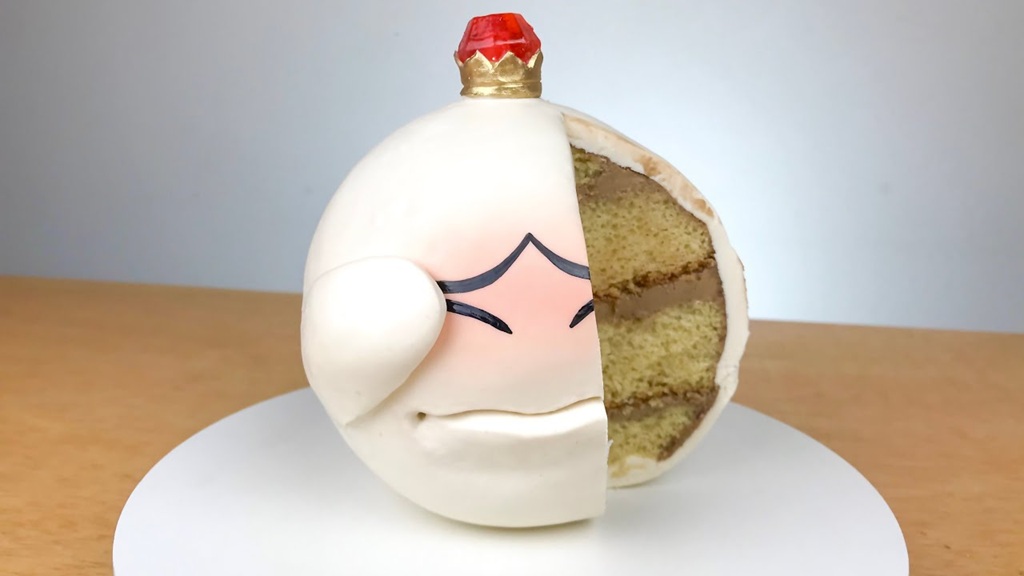
The mother clutches her mobile phone, scrolling through images of elaborate confections, each Super Mario cake more intricate than the last, whilst her seven-year-old son tugs at her sleeve, pointing excitedly at a three-tiered creation that costs more than her weekly grocery budget. This scene, replayed in households across Singapore and beyond, reveals the complex intersection of parental love, childhood expectations, and the commercialisation of joy in our contemporary society.
The Burden of Birthday Perfection
In cramped HDB flats and sprawling landed properties alike, parents face mounting pressure to deliver Instagram-worthy celebrations that match their children’s digital-age expectations. The super mario cake has become more than a dessert, it’s a symbol of successful parenting, a tangible proof of love measured in fondant figurines and buttercream landscapes.
Sarah, a single mother working two jobs in Singapore’s bustling Orchard district, saved for three months to afford her son’s dream cake. “When he saw that Super Mario cake at his friend’s party, his eyes just lit up,” she recalls, her voice carrying the weight of sacrifice that defines so many modern parenting decisions. “How do you say no to that? How do you explain that some dreams cost too much?”
Her story illuminates a broader truth: these elaborate confections have created an informal economy of aspiration, where children’s birthday wishes become financial planning challenges for families already stretched thin.
Artisans in the Shadow Economy
Behind every super mario cake stands an unseen workforce of largely female entrepreneurs operating from home kitchens, navigating Singapore’s strict food safety regulations whilst building businesses one celebration at a time. These bakers, many of them migrants seeking flexible work arrangements, have transformed childhood memories into livable wages.
Mei Lin, who arrived from Malaysia five years ago, learned cake decorating through YouTube tutorials during her infant daughter’s nap times. “My first super mario Cake took me sixteen hours,” she admits, kneading fondant at her kitchen counter at 2 AM whilst her family slept. “Now I can finish one in six hours, but each cake still feels like a small miracle.”
The technical demands are formidable:
• Structural engineering: Supporting multi-tiered designs without collapse
• Colour chemistry: Achieving Nintendo’s precise palette with food-safe dyes
• Artistic precision: Hand-sculpting recognisable character features
• Time management: Balancing multiple orders whilst maintaining quality
• Cultural sensitivity: Adapting designs for diverse celebration traditions
These women have professionalised childhood wonder, transforming sugar and flour into economic opportunity within systems that often limit their formal employment options.
The Geography of Celebration
The super mario cake trend reveals stark inequalities in how childhood joy distributes across Singapore’s social landscape. In affluent districts like Bukit Timah, elaborate gaming-themed parties featuring custom cakes become neighbourhood standards, creating ripple effects that influence celebrations miles away in more modest areas.
Children develop acute awareness of these disparities. Eight-year-old Marcus, whose family lives in a rental flat in Jurong, studies his classmates’ birthday photos with forensic intensity, cataloguing the details that separate his simple home celebrations from the elaborate affairs his peers document online.
“The children come back to school after weekends talking about these amazing parties,” observes a primary school teacher who requested anonymity. “The ones who can’t afford such celebrations, you see it in their faces. They’re learning lessons about worth and belonging that no curriculum addresses.”
Cultural Identity in Edible Form
The popularity of Super Mario Cake designs in Singapore’s multicultural society raises questions about which stories we choose to celebrate. Gaming culture provides shared reference points across ethnic and linguistic divides, yet it also represents the gradual displacement of traditional celebration symbols with globalised entertainment brands.
Grandmother Lim watches her grandson blow out candles shaped like power-up mushrooms, remembering her own childhood celebrations centred around longevity noodles and red-dyed eggs. “I don’t understand this, Mario,” she confides. “But I understand happiness when I see it.”
This generational divide reflects broader questions about cultural preservation in rapidly modernising societies. The best Super Mario cake becomes a site where global and local identities negotiate space on the same celebration table.
The Environmental Cost of Edible Fantasy
Each elaborate Super Mario cake generates substantial food waste, fondant decorations discarded after photographs, oversized portions that exceed children’s appetites, and packaging materials designed for single-use transportation. Environmental advocates question whether childhood celebrations should require such resource-intensive expressions of love.
Local baker activism has emerged around sustainable practices, with some artisans experimenting with plant-based decorating materials and encouraging families to consider environmental impact alongside visual spectacle.
Conclusion: Sweet Inequities
The phenomenon surrounding these gaming-inspired confections exposes how market forces shape the most intimate aspects of family life. Parents mortgage household budgets for fleeting moments of childhood delight, artisans build precarious businesses around others’ celebration needs, and children learn early lessons about social hierarchy through sugar sculpture. The super mario cake trend ultimately reflects our society’s complex relationship with love, aspiration, and the price we pay to transform ordinary birthdays into extraordinary memories, one expensive, elaborate super mario cake at a time.
